Just shy of Covid’s third birthday she managed (after years of my attempting to avoid her across two continents) to catch up with me in January 2021.
I feel obscenely lucky to have been fully vaccinated when we bumped into each other because my symptoms were mild and after a few days the worst of it was over. Although the ongoing brain fog and fatigue is still following me everywhere I go.
In our first few days together I could barely summon the energy to lift my head off my pillow and sitting upright took all the energy I had, so needless to say my usual skin care routine was quickly eschewed for The Sex Lives Of College Girls and feeling sorry for myself while being horizontal.
As I started to feel better I realised I had given a lot of thought the the health of my body and what was going on internally but hadn’t given my biggest organ the time of day, other than a few drops of Face Hero on my parched skin before crawling back into bed and continuing on with my new favourite hobby: Doing-nothing-while-indulging-in-self-pity.
So, like any enquiring writer would, I asked Dr Shyamalar Gunatheesan, Founding Dermatologist at ODE Dermatology (Melbourne), what exactly had happened to my skin during and after having Covid.
What’s Going On With My Skin During Covid?
“When you’ve got a virus of any sort and you’re feeling rundown, there’s a huge inflammatory response your body is producing,” says Dr Shyamalar. “In that reaction, or that immune storm, we can sometimes get a runny nose, we get a cough, our eyes are watery, we’ve got dilation or swelling of your blood vessels, which gives you that red appearance, we can be rubbing our face with tissues or handkerchiefs which can irritate the skin frictionally.” In short, there’s a lot going on and the effects are quick to be felt on our faces.
How Do I Look After My Skin When I Have Covid?
First, this is not a ‘Covid Beauty Routine’, this is a simple guide to understanding your body during a difficult time and caring for yourself, try not to feel pressured into sticking to your routine and remember your skin is sensitive and not its ‘normal’ self right now. Dr Shyamalar also notes now is the time to ditch actives (think: lactic acid/retinol) and tread carefully.
“I would use a thicker layer of moisturiser—maybe put two layers on or use a heavier moisturiser that you would normally reserve for the winter time for when you’re rundown or combatting the flu or Covid,” Dr Shyamalar recommends. “I’d use silk handkerchiefs, damp cloths and I do like the jade rollers that cool down the skin’s surface temperature and relieve all that dryness and redness,” she continues, especially if you have a fever.
As well as opting into an anti-inflammatory diet (no sugar! No alcohol!) Dr Shyamalar suggested “upping your Vitamin C, drinking lots of water to hydrate every skin cell or keratinocyte” and investing in a humidifier; “I do like putting the humidifier on in the room for a couple of hours so you’re breathing in moistened air and your skin’s actually having some hydration from the atmosphere.”
How Do I Go Back To My Normal Beauty Routine After Covid?
Again, don’t “feel pressed” says Dr Shyamalar to get straight back into your skin care routine post-Covid; your skin and body will take time to heal and get back to feeling ‘normal’, so do what feels right and manageable.
“I’d probably use actives on alternate days to ease your skin back into it and you might even use a lightweight barrier moisturiser before you reintroduce your retinol or lactic acid,” says Dr Shyamalar, who notes skin will be very sensitive after a virus.
“I do think Vitamin B3 is a great anti-inflammatory agent and I tend to use it through any flu-like illness because it’s quite soothing on the skin,” she continues, adding, bland creams for the under eye area and face and ideal, as skin will be feeling cranky. Opt into ingredients that are gentle and soothing; glycerin, antioxidants, hyaluronic acid and ceramides are all great options for compromised moisture barriers and irritated, angry skin.
Lastly, and you definitely saw this coming: “Don’t ever forget sunscreen now that you’re going outdoors and interacting with people, even if you’re wearing a mask do make sure you put sunscreen on because your skin is in a slightly vulnerable position and you want that sun protection not to be lost because our skin is probably more sensitive,” says Dr Shyamalar.
Always refer to the advice of your doctor or health practitioner when managing Covid or a virus.






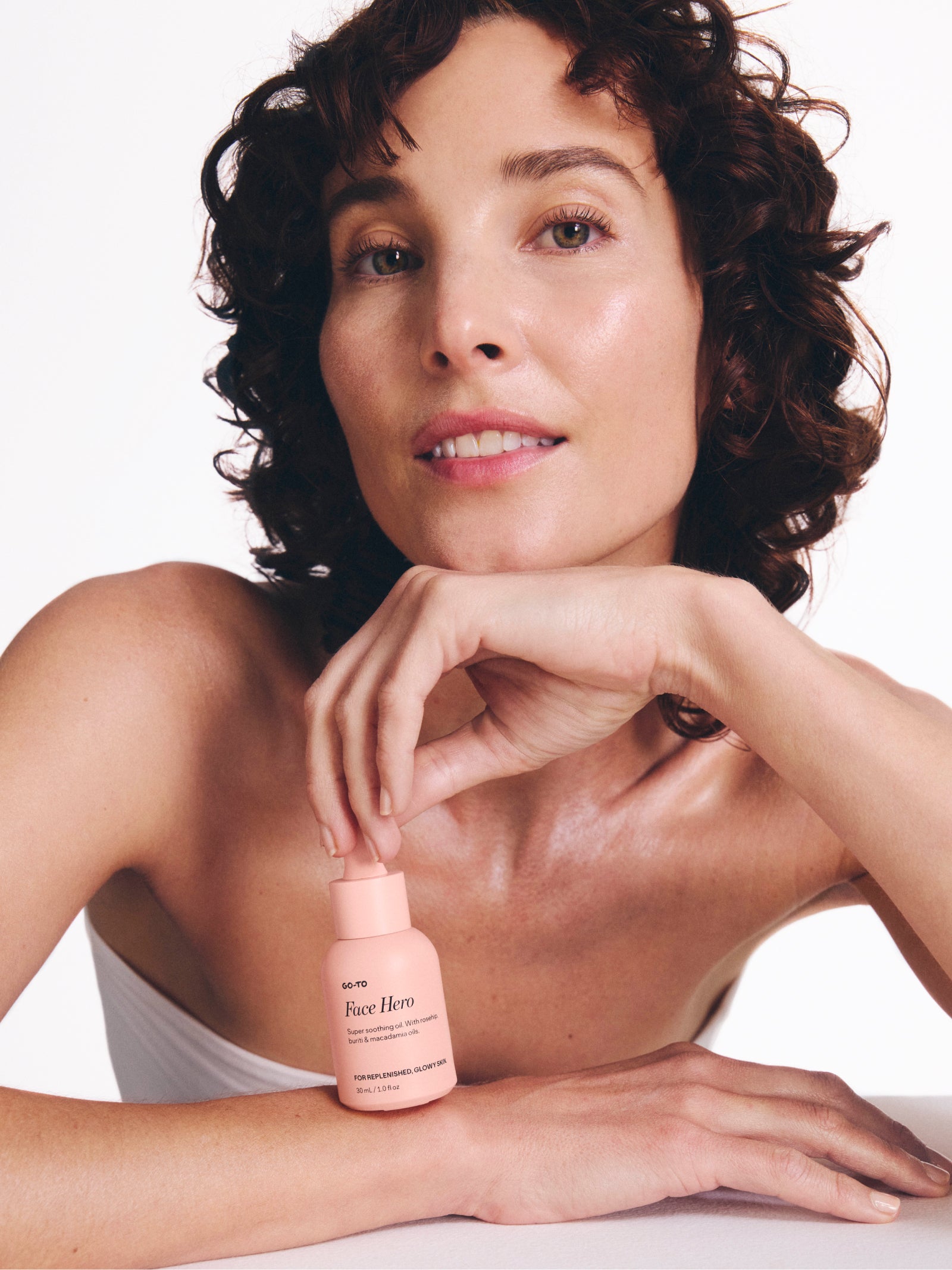
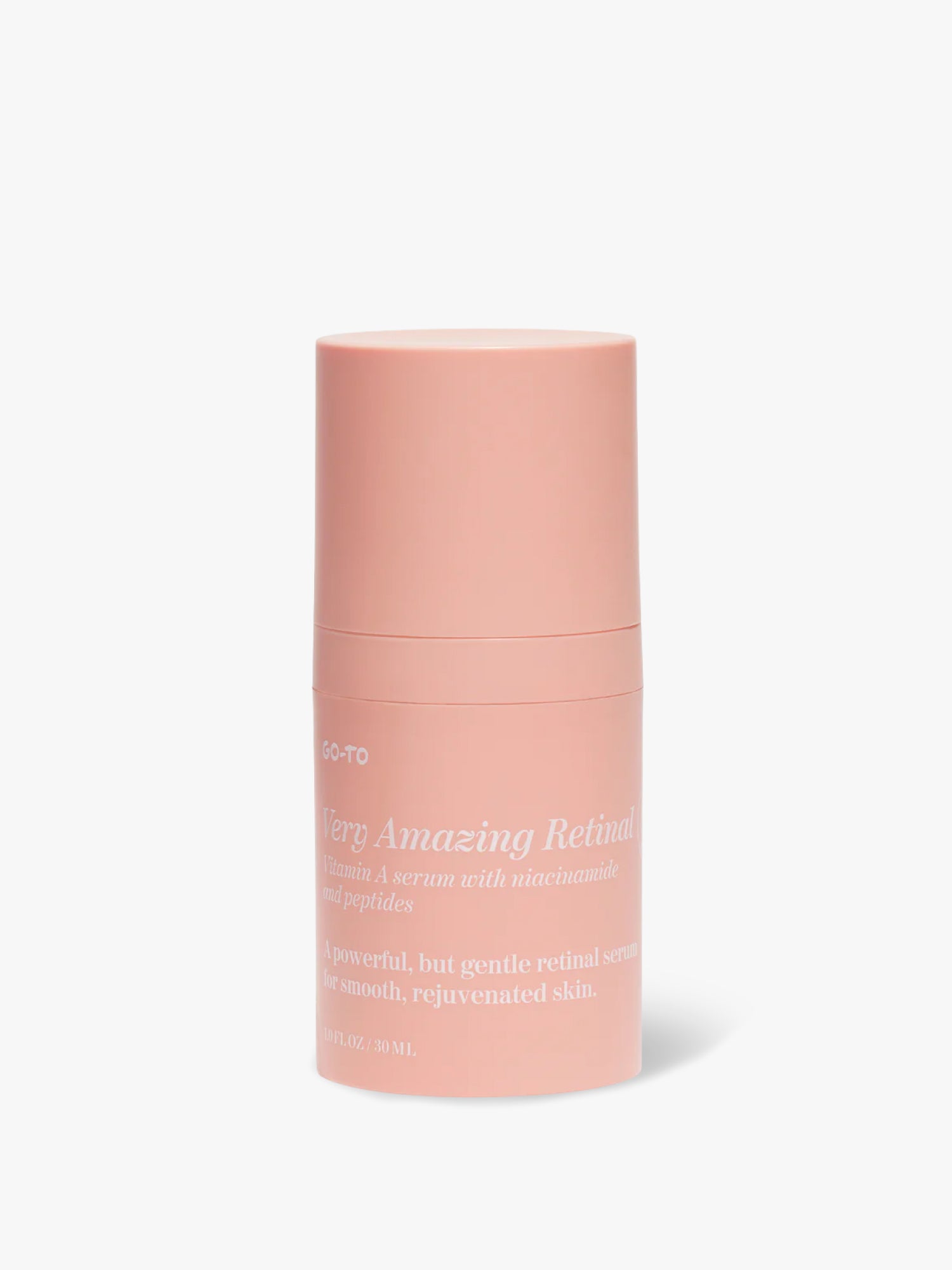
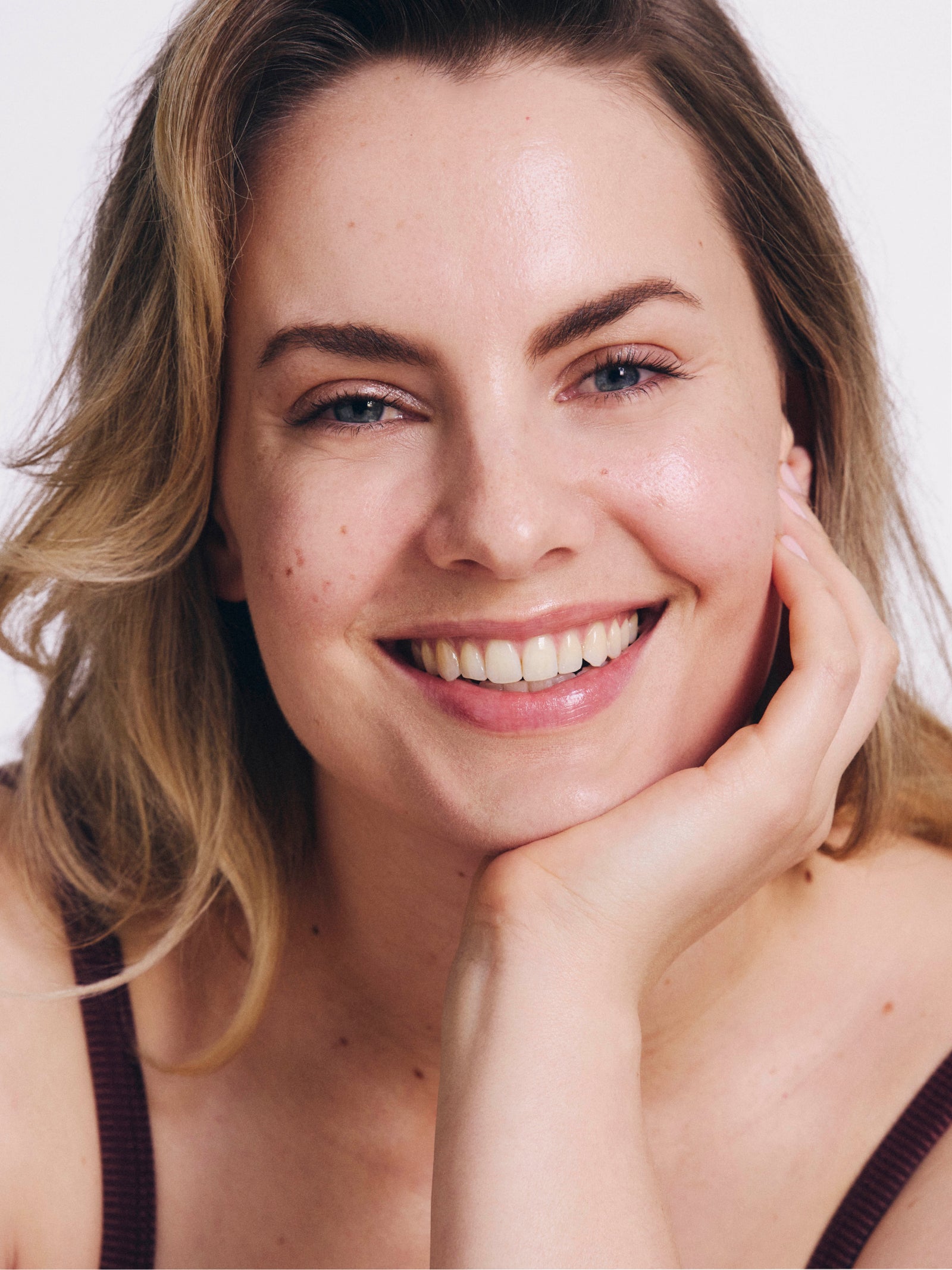
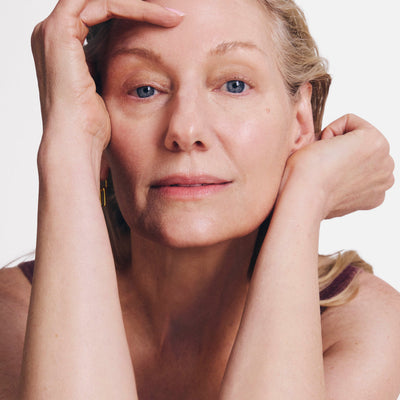
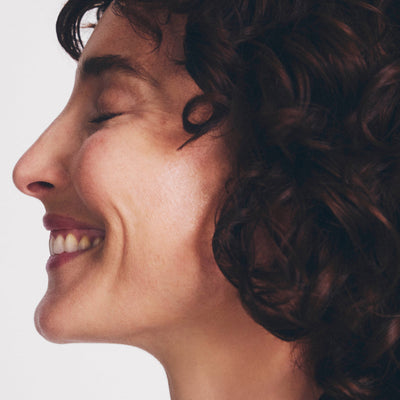


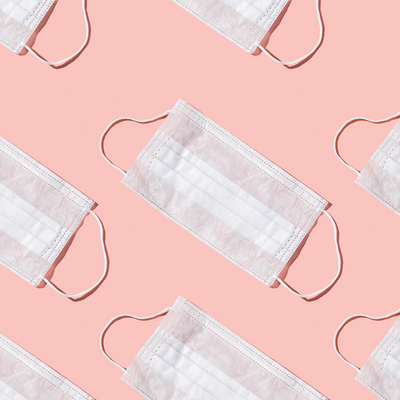
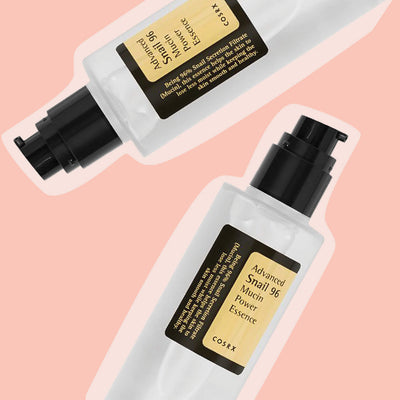
Comments